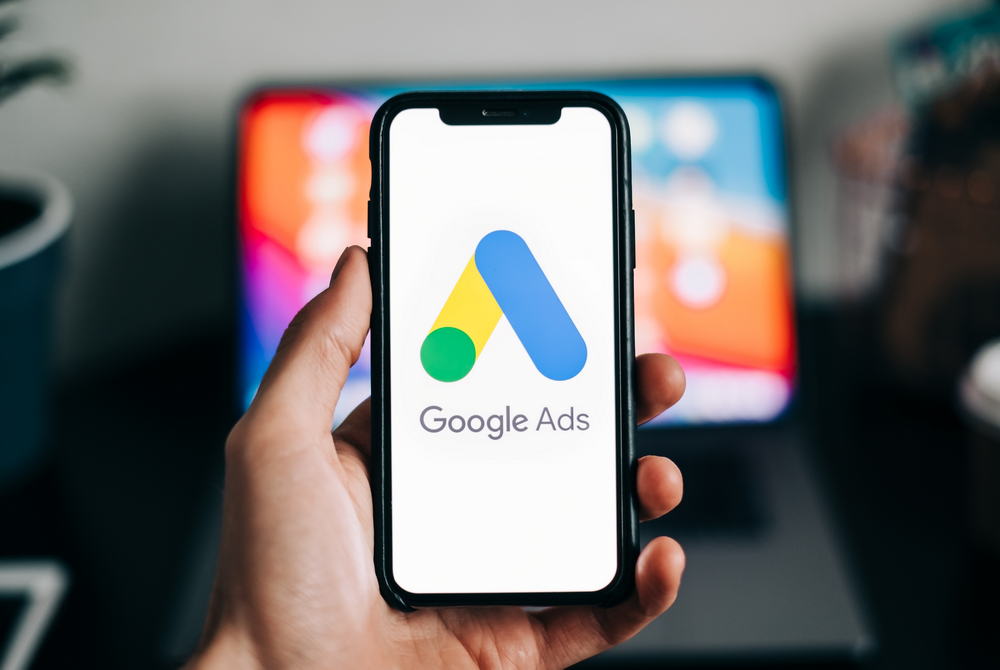
Online advertisers are routinely told by security experts to be careful about the publishers they do business with. The general rule is to stick with Google Ads. As the thinking goes, Google does everything it can to root out and stop ad fraud. Yet it is not that easy. Sticking with Google Ads doesn’t really prevent ad fraud like so many advertisers think it does.
You can find a lengthy discussion explaining why by reading this post from left-leaning ProPublica. Despite the authors’ penchant for going after crooks with conservative political leanings, they still manage to reveal Google’s complicity in helping all sorts of fraudsters rip off advertisers.
Google and Facebook Own the Space
One of the first things that needs to be understood in any discussion about ad fraud is this: between the two of them, Google and Facebook own the online advertising space. Google is the undisputed leader, controlling the vast majority of digital ads. Google determines the ads people see, where and when they see them, and how advertisers are charged for them.
The problem is this: despite Google’s internet dominance, it does not have the resources to handle all the actual work involved in publishing ads. So they farm that work out to third-party publishers. Advertisements purchased through Google Ads are sent to publishers who put them on websites, in mobile apps, on streaming platforms, etc.
All would be well if Google only entered partnerships with legitimate publishers. But that’s not the case. Though the company insists it does everything to identify and root out fraudulent publishers, bad actors still manage to open publisher accounts. They still manage to land ads. They still manage to perpetrate click fraud through click bots, click farms, ad stacking, and other means.
Give Google the Benefit of the Doubt
Let us give Google the benefit of the doubt and assume they really are doing everything in their power to prevent ad fraud. It still might not be enough. Why? Because the digital ad space has become mine-numbingly complex. It has become such a large and overwhelming entity that keeping track of everything happening within is nearly impossible.
FraudBlocker.com, a company that specializes in ad fraud prevention software, cites the recently discovered Vastflux ad fraud scam as an example of just how complicated the problem is. At its peak, Vastflux was triggering as many as 12 billion ad displays every day. You read that correctly; 12 billion fraudulent ad displays.
Vastflux was just one scam. It only affected about 120 publishers. That is a pretty small number compared to the entire volume of ads and publishers in the global ecosystem. It is a mere drop in the bucket. But if one scammer can fraudulently display 12 billion ads per day, how many more are being displayed or clicked by all the fraudsters combined?
Security Is Up To Advertisers
It is reasonable for advertisers to expect Google to do everything it possibly can to put a stop to ad fraud. But when all is said and done, security is still left up to advertisers themselves.
Fortunately, the combination of a good ad fraud prevention software package and some old-fashioned know-how can significantly reduce an advertiser’s risk. Software utilizes a number of tools to collect and analyze data. Software packages can identify suspect IP addresses and block them. It can identify suspect devices and quarantine them.
Despite what the experts say, sticking with Google Ads doesn’t really prevent ad fraud. Advertisers can be defrauded whether they use Google Ads or not. That is just the way it is.
